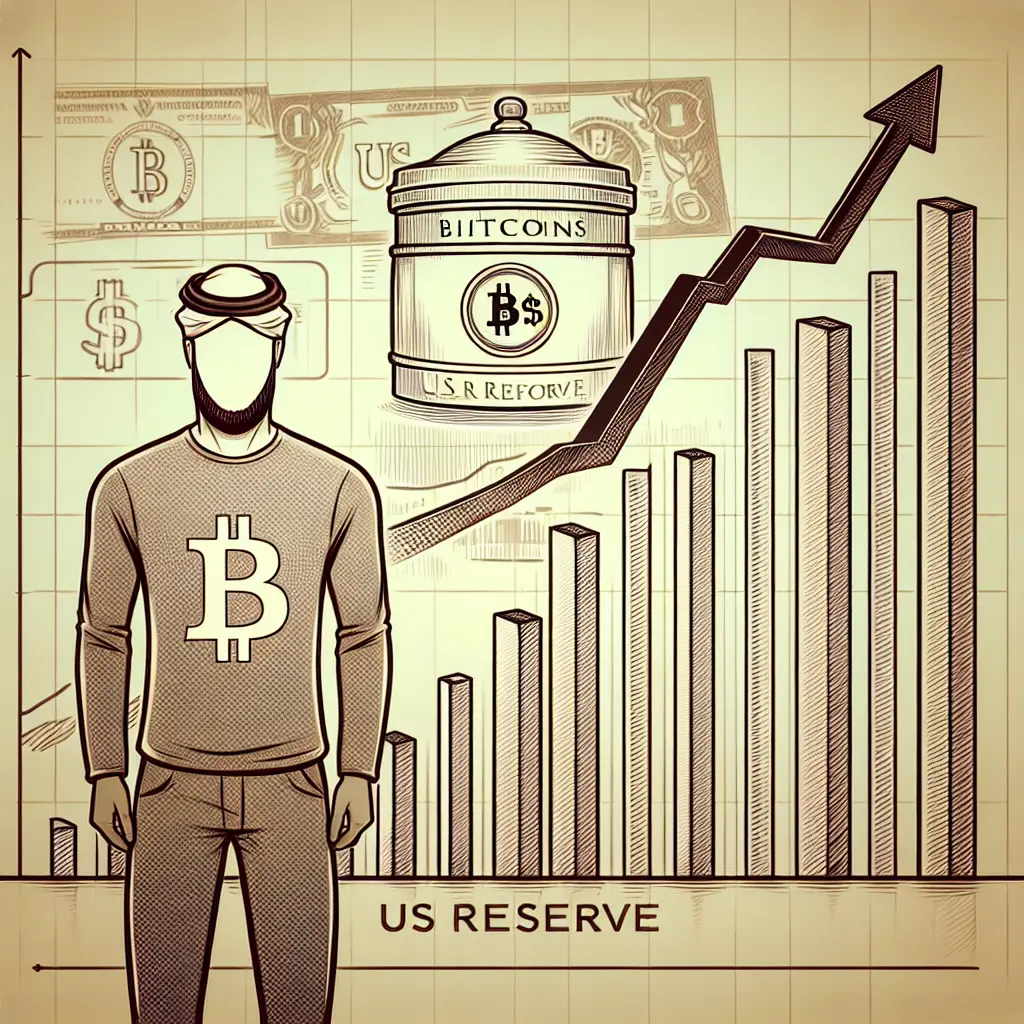In the realm of financial technology, Bitcoin has been a beacon of innovation since its inception in 2009. As digital transactions become increasingly prevalent, the security protocols surrounding these exchanges are more critical than ever. This blog explores Bitcoin’s pivotal role in enhancing the security of digital transactions through its robust security measures, including blockchain technology and decentralized transaction security.
At the heart of Bitcoin’s ability to secure digital transactions lies its underlying technology, blockchain. Blockchain technology is renowned for its reliability and virtually unbreakable security, which stems from its unique structure. Each transaction is recorded as a "block" of data, linked to the previous transaction block, forming a chronological chain. This data structure is maintained across a network of computers, making it decentralized and incredibly resistant to tampering and fraud.
The decentralized nature of blockchain not only enhances transaction security but also distributes power away from central authorities, reducing potential points of failure. This aspect of decentralization is crucial in a world where digital transactions are global and must be secure against a wide array of threats.
Bitcoin employs advanced cryptographic techniques, which are fundamental to its operation and security. Known as Bitcoin encryption, this involves digital signatures based on public key cryptography that ensure that Bitcoin transactions can only be authorized by their rightful owners. Moreover, blockchain verification processes contribute additional layers of security, ensuring every transaction is validated by multiple nodes in the network before being confirmed.
This dual approach of encryption and thorough verification ensures Bitcoin transaction safety, making secure online payments a reality for users across the globe. These mechanisms are critical in protecting against fraud and unauthorized transactions, fortifying Bitcoin's position as a secure digital currency.
Recent Events Impacting Bitcoin Security Perception
Recent news involving high-profile personalities and geopolitical events has had a profound impact on the perception of Bitcoin's security and its role in global finance. For instance, the news that Donald Trump was considering embracing cryptocurrency could potentially bring both positive and negative shifts in the regulatory landscape for Bitcoin and other cryptocurrencies. His promise to make the U.S. a 'Crypto Capital' underscores the growing importance of cryptocurrency security in national agendas.
Furthermore, controversies such as Craig Wright facing a perjury investigation over claims he created Bitcoin highlight the ongoing challenges in the crypto space regarding credibility and legal scrutiny. These developments emphasize the necessity for robust Bitcoin anti-fraud measures and blockchain reliability to maintain trust among users and regulators alike.
The involvement of significant figures like RFK Jr., who proposed that the government should purchase a massive amount of Bitcoin, illustrates the growing recognition of Bitcoin's potential role in national economic strategies. This proposal, if realized, would not only underscore the confidence in Bitcoin as a secure asset but also potentially stabilize its valuation.
Conversely, incidents like the assassination attempt on Donald Trump leading to a surge in Bitcoin value reflect the sensitivity of cryptocurrency markets to global events. Such volatility highlights the importance of enhancing digital payment security to safeguard investments against unpredictable shifts.
Implications of Major Financial Shifts
Moreover, the recent decision by a tiny Texas village to annex a gigantic Bitcoin mine points to localized economic strategies harnessing the power of cryptocurrency operations. This move could set a precedent for how small communities can engage with global digital economies securely and profitably.
The significant loss by crypto asset firm Grayscale in its Bitcoin and Ethereum ETFs showcases the risks inherent in the current cryptocurrency market landscapes. Such events call for improved regulatory frameworks to enhance investor protection and market stability. Additionally, the U.S. strategy to finance its strategic Bitcoin reserve by revaluing the Federal Reserve’s gold reserves signals a monumental shift in how national reserves are conceptualized, further integrating Bitcoin into mainstream financial systems.
As we delve deeper into an era where digital transactions dominate, the security provided by technologies like Bitcoin becomes paramount. The continuous improvements in blockchain technology and the robust security protocols of Bitcoin ensure that digital transactions remain secure and reliable.
In conclusion, while Bitcoin and blockchain technology present substantial advantages for secure online payments and digital transaction security, they also face challenges that need addressing to fully realize their potential. The interplay between technological advancements and regulatory developments will likely shape the future landscape of digital transactions security.
Thank you for joining me in exploring how Bitcoin is revolutionizing the security framework within digital finance. As we navigate this evolving landscape, staying informed and adaptive will be crucial in leveraging these technologies for a more secure digital future.










Leave a Comment